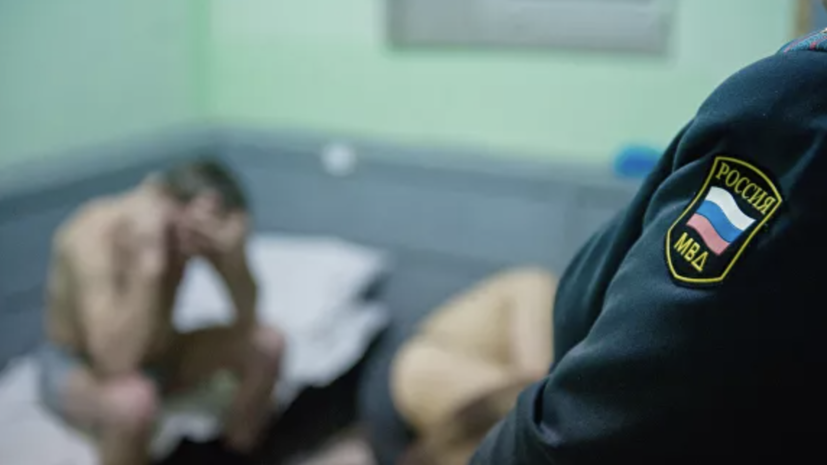“In 2010, our system of, let's say, police sobering-up centers was completely abolished, and since 2010, in fact, nothing alternative has been proposed in its place.
Therefore, some of them were delivered to hospitals: those who were in a severe degree of intoxication or who needed intervention, and some, those who behaved aggressively, were also placed in special institutions under the internal affairs bodies, ”the deputy noted.
According to him, questions arose, since the assistance provided in medical institutions was not compensated by the compulsory health insurance fund.
“That is, for medical reasons, they do not need to be taken to the hospital, but they have lost the ability to move, move, do not know where they live, what to do with them?
The police?
They do not behave aggressively.
In hospital?
There are no indications for this ... The hospital is not a shelter ... There are places for another now needed.
For such a category of citizens, not very qualified medical care is needed - roughly speaking, to restore their normal technical condition, get enough sleep, sober up, remember where he lives, ”the parliamentarian said.
Didenko added that such an experience was in the regions of Russia and without federal laws.
“Some subjects carried out this work, somewhere there were budgetary institutions, somewhere commercial, here there are different options.
Therefore, we looked at all these practices, somewhere in 20 regions, and decided to amend the federal law so that other subjects have the opportunity to use this experience, ”he concluded.
Earlier, the State Duma adopted in the third reading a law on the restoration of the system of specialized institutions (sobering-up centers) in Russia.

